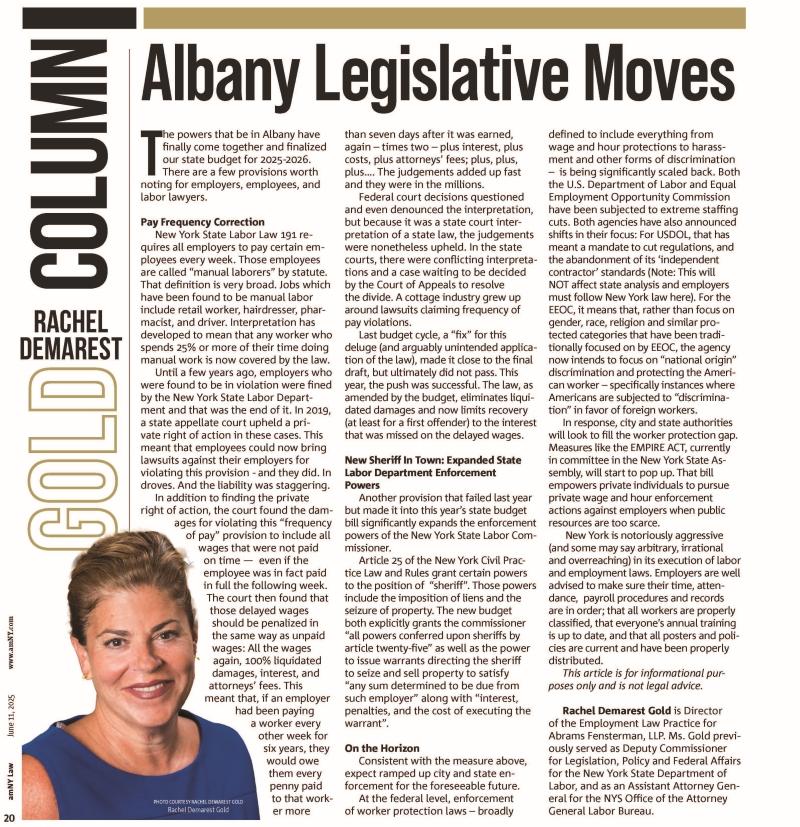By Justin Kelton | January 30, 2019
The Delaware Court of Chancery in Brown v. Kellar, recently issued a decision clarifying the scope of actions under 8 Del. C. Section 225, which provides a procedure to determine issues that pertain to actions to elect or remove a director or officer.
The Delaware Court of Chancery in Brown v. Kellar, C.A. No. 2018-0687-MTZ, 2018 WL 6721263 (Del. Ch. Dec. 21, 2018) recently issued a decision clarifying the scope of actions under 8 Del. C. Section 225, which provides a procedure to determine issues that pertain to actions to elect or remove a director or officer. Vice Chancellor Morgan T. Zurn acknowledged that such actions are “narrow, summary proceedings,” but nevertheless held that allegations of inequitable conduct committed by the party seeking to change board composition must be considered in the context of a Section 225 action. The Brown decision provides stockholders, boards and practitioners with important guidance regarding the nature of allegations that can be pursued during a 225 action.
Board Argues that Inequitable Conduct by Majority Stockholders Rendered Consents Ineffective.
In Brown, the plaintiff (Robert G. Brown) and another stockholder, who together owned a majority of the outstanding stock of SPAR Group, Inc. (SGRP), executed written consents to remove and replace a director.
A group of incumbent directors (the director defendants) challenged the consents, arguing that they constituted “part of a larger, grossly inequitable scheme by the plaintiff and his co-controlling shareholder to improperly divert SGRP’s resources to their own purposes and for their sole benefit, in violation of their fiduciary duties to SGRP and to its minority shareholders,” Brown, 2018 WL 6721263, at *3. Therefore, the director defendants alleged that the consents were void or voidable.
Brown brought a Section 225 action against the director defendants, seeking a declaration that the consents were valid and effective. In response to the director defendants’ allegations that Brown’s inequitable conduct rendered the consents void, Brown argued that “the court cannot expand its scope of review in the summary 225 action to consider extraneous inequitable conduct alleged to void the written consents.”
The Court of Chancery Holds that Equitable Defenses Must Be Considered.
While Zurn recognized the limited scope and summary nature of Section 225 proceedings, the court rejected Brown’s argument that the director defendants’ equitable defenses could not be considered as a matter of law. Rather, the court held that Section 225 actions require “a tailored analysis ….”
After examining the parties’ factual contentions, Zurn held that the director defendants’ allegations of improper conduct were “germane to determining the composition of the board” and thus properly considered.
In reaching this holding, the court relied on the Delaware Supreme Court’s seminal decision in Schnell v. Chris-Craft Industries, 285 A.2d 437 (Del. 1971), in which the court rejected a company’s attempt to thwart dissident stockholders by changing the annual meeting date, holding “that inequitable action does not become permissible simply because it is legally possible.”
Brown argued that Schnell was inapplicable because “the narrow scope of Section 225 cannot include the broad principles in Schnell.” The court, however, disagreed, stating:
“Schnell empowers this court to look at both technicalities and equities. Section 225’s jurisprudence, although narrower in scope, echoes that doctrine. I read Delaware’s existing law on Section 225 to embody an appropriately tailored version of the foundational principle “that inequitable action does not become permissible simply because it is legally possible.”
Thus, Zurn held “I reject Brown’s cramped view of this action and conclude that existing law on Section 225 permits the adjudication of inequitable conduct, as encouraged by Schnell, so long as those issues are germane to determining the composition of the board.” Notably, the court then went a step further and held that “courts weighing claims under Section 225 must consider cognizable allegations of fraud, deceit, breach of contract, breach of fiduciary duty and other claims that ‘if meritorious, would help the court decide the proper composition of the corporation’s board or management team.’” (emphasis added).
Justin T. Kelton is a partner at Abrams, Fensterman, Fensterman, Eisman, Formato, Ferrara, Wolf & Carone, where he focuses on complex commercial litigation. He can be reached at 718-215-5300 or at [email protected].
Copyright 2019. ALM Media Properties, LLC. All rights reserved.
Reprinted with permission from the January 30, 2019 edition of the Delaware Business Court Insider © 2019 ALM Media Properties, LLC. All rights reserved.
Further duplication without permission is prohibited. ALMReprints.com – 877-257-3382 – [email protected].
The article must be reprinted in full, and exclude any freelance images. Neither the logo nor trade dress can be replicated with this copyright clearance.





